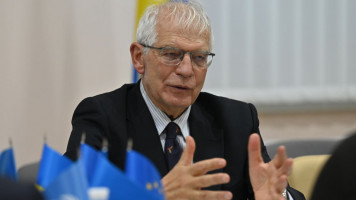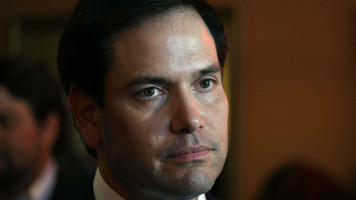Shia cleric Sistani rejects Trump using Iraq as a 'launchpad'
Grand Ayotallah Ali al-Sistani, the most senior Iranian Shia cleric in Iraq, has criticised US President Donald Trump's recent statement that US troops needed to stay in Iraq to keep an eye on Iran.
Sistani said he rejected Trump using Iraq as a launchpad to attack another country during a meeting with UN Iraq envoy Jeanine Hennis-Plasschaert in Najaf. He noted Iraq aims to have harmonious relations with all its neighbouring countries, Iran included, without interference in its internal affairs.
The Najaf-based Iranian cleric is not alone among high-ranking figures in Iraq in condemning Trump's statement. Iraqi President Barham Saleh said on Monday that the US had not sought Iraq's permission to stay in the country in order to watch Iran, adding that it should stick to "fighting terrorism" rather than pursuing other agendas.
Former Iraqi Prime Minister Haider al-Abadi balked at Trump's statement, tweeting "Iraqi sovereignty must be respected… We are not proxies in conflicts outside the interests of our nation". Although he has not commented on Trump's statement, the influential Iraqi Shia cleric Muqtada al-Sadr has previously called for the withdrawal of all foreign forces from the country, including the US and Iran.
In an interview with CBS on Monday, Trump said that the 5,000 US troops currently stationed in Iraq and tasked with assisting Iraqi security forces in their fight against the Islamic state group would stay in the al-Asad military base in Anbar, which the president called "unbelievable and expensive". In addition, he said the 2,000 US troops currently stationed in Syria would also move to the Iraq base.
"We spent a fortune on building this incredible base. We might as well keep it," he said. "I want to be looking a little bit at Iran because Iran is a real problem." He clarified that, while he did not intend to strike Iran from the base, the US would be able to discern "if somebody is looking to do nuclear weapons or other things… before they do".
Analyst Ahmad al-Hamdani said Iraqi "factions would not risk an armed confrontation with US forces" if Trump's statement was realised. He predicted that US troops would eventually withdraw from Iraq, but not within the next two years, and added that he thought it would not be possible to "watch Iran" militarily from Iraq because of the limited number of troops and the distance of the al-Asad base from the Iranian border.
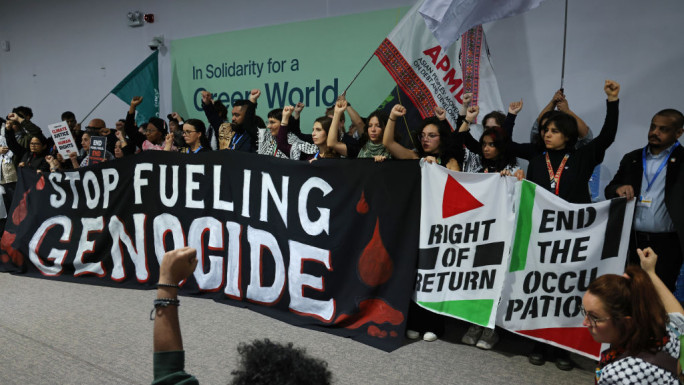
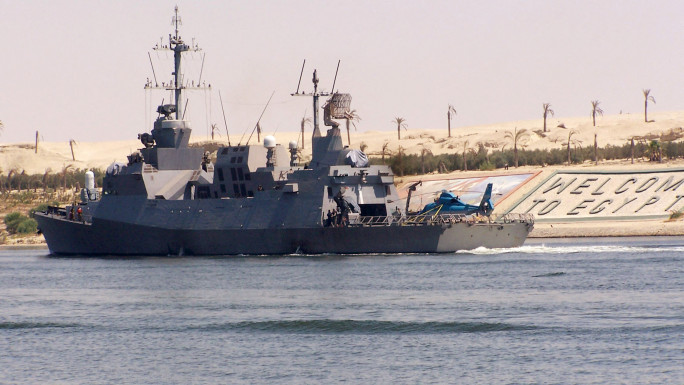
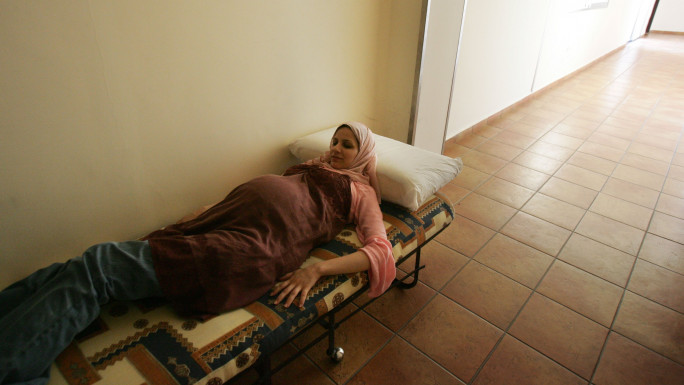
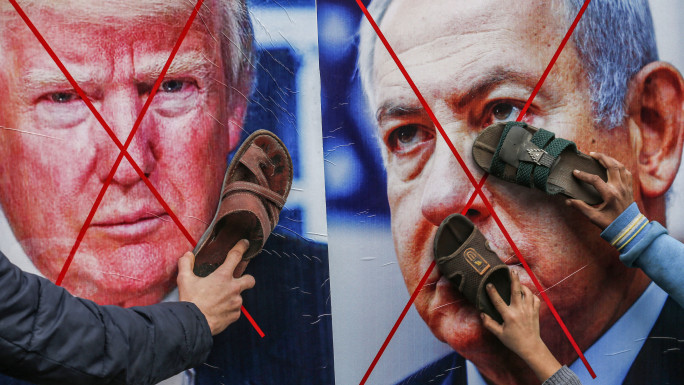
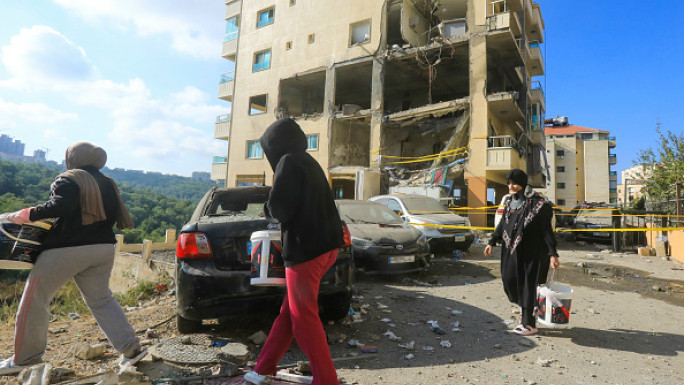
 Follow the Middle East's top stories in English at The New Arab on Google News
Follow the Middle East's top stories in English at The New Arab on Google News

